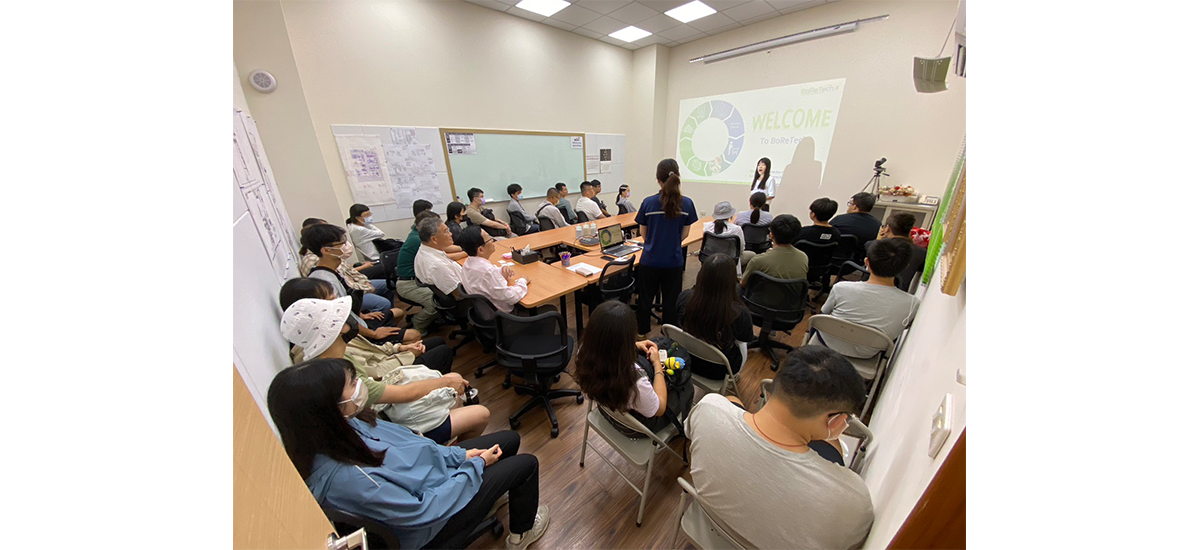Recycled Polyester Circular Economy Lecture – Visit to Kaohsiung University of Science and Technology
Plastic waste has become a global environmental problem, but how serious is plastic pollution? All mankind is facing a garbage pollution crisis. The vast majority of it is plastic garbage generated from industrial development and daily consumption, which is ruthlessly destroying the marine ecology and the earth's environment. In 2021, a study found that there are plastic wastes from Mount Everest to the Mariana Trench. Plastics are everywhere. Currently, the global annual plastic production reaches 400 million tons.
About 12.7 million tons of it flowed into the ocean, causing serious harm to marine ecology and the entire food chain. In the life cycle of plastic, carbon emissions are produced at every stage, and its long-term destructive effect on the environment cannot be underestimated. Adhering to the mission of doing its part for the earth, Biogreen Group is committed to the research and development of PET bottle recycling technology and the comprehensive utilization of recycled materials. It recycles resources through cleaning, granulation and solidification, and its products are recycled polyester bottle flakes And ester particles have been widely used in textile and food packaging materials.
In order to promote circular economy, Biogreen cooperates with universities, colleges and government departments from time to time to organize visits and lectures, and invites like-minded partners to join in the cause of environmental protection. On August 11, Taiwan Treasure welcomed nearly 30 teachers and students from the Department of Marine Environmental Engineering of the National Kaohsiung University of Science and Technology. During the meeting, through exchanges of theory and practice, the concept of recycling plastics was conveyed. Taiwan Treasure, as the group's demonstration factory, Greente also took guests to visit the production line, allowing everyone to better understand the hard work of the processing industry, and encouraged them to cherish every hard-earned resource.





